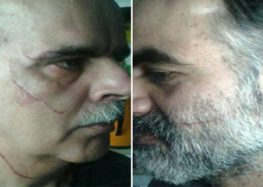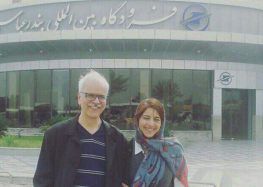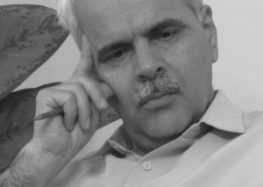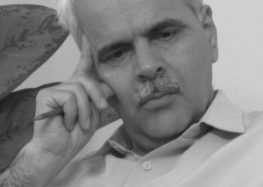Iranian Political Activist Exiled Following Four Years of Imprisonment

Saeed Madani, a political activist and academic, was exiled to the southern port city of Bandar Abbas on March 16, 2016 after serving four years of his eight-year prison sentence at Evin Prison, according to the Kaleme opposition news website.
Security forces arrested Madani, a university professor and journalist, for his peaceful political activism and membership in the now-banned Nationalist-Religious Alliance political opposition group, on January 7, 2012.
The social researcher spent nearly a year inside the Intelligence Ministry-controlled Ward 209 at Evin Prison.
His wife, Mansoureh Ettefagh, previously told the Campaign that her husband had been tortured during the first few months after his arrest, and had endured long interrogation sessions of about 15 hours, until he embarked on a hunger strike and his situation slightly improved.
In an earlier interview, Ettefagh told the Campaign that her husband’s interrogators refused to transfer Madani to Evin’s General Ward because he would not provide false confessions.
In March 2014, Madani was transferred to Rajaee Shahr Prison in Karaj, east of Tehran, after being sentenced to six years in prison and ten years exile for “propaganda against the state” and “acting against national security” by Judge Yahya Pirabbasi of Branch 26 of the Revolutionary Court.
The Appeals Court reduced Madani’s sentence to five years in prison and two years of exile in Bandar Abbas. But three years were added to his prison sentence in connection with another political court case in 1999.
His lawyer, Mahmoud Alizadeh Tabatabaee, filed an appeal to the Supreme Court but was turned down.
Madani was released for the first time since his imprisonment in January 2015 after being granted furlough (temporary leave) for a few days.
Another prisoner of conscience, journalist Ahmad Zeidabadi, was exiled to the desert town of Gonabad, 420 miles south of Tehran, after completing his six-year prison sentence on May 21, 2015.
Zeidabadi was pardoned three months later and returned to his family.





